Is there a strategy which combines the need to finance new challenges by recognizing the importance and role of “the elephants in the room” ?
Brussels, January 11th.
On January 8th and 9th, after the Christmas break, and ahead of the College debate on the European Union’s budget, EU Commissioner Günther H. Oettinger launched a high-level conference on “Shaping Our Future – Designing the Next Multiannual Financial Framework (MFF)”, hosted by the European Political Strategy Centre (EPSC), the European Commission in-house think tank.
The debate was an additional step in the preparation of the next Multiannual Financial Framework (MFF), of which Commission’s draft regulation will be presented in May 2018 at the latest. For its part, the European Parliament is planning to include its position in an upcoming own-initiative report.
A first step, was the launch on the 28th June last year, of the Reflection Paper on the Future of EU Finances, which Farm Europe thoroughly commented in a previous post. Given that all the efforts now should be addressed towards analyzing and selecting the best policy options and ideas to shape a budget that is able to guarantee the right balance between traditional policies and new challenges, let’s focus on the state-of-the-art of the current discussions, since, as Commissioner Oettinger clearly stated “feedbacks are welcome”.
A first clear message from the Commission is that, from a budgetary perspective, the EU needs to find the means to react after Brexit impact, which will cause according to Commissioner Oettinger “a gross annual gap of almost €13 billion”, and furthermore, the new collective challenges that arose (i.e. migration, refugees, external border controls and security and defense among the others) ask for sufficiently ambitious funding.
However, at this stage of the overall discussion, Farm Europe considers it crucial that the Commission not only evaluate the figures of the UK’s net contribution to the EU budget, but specifically the actual cost of UK departure. If, over the years 2010-2016, the UK’s annual net contribution to the EU budget (UK contribution with rebate deducted) was €13,48 billion, it is also true, that the UK benefited during this period of an annual amount average of €6.86 billion of EU aid (all EU policies combined). In fact, the actual effective budgetary cost of the UK’s exit from the EU budget is found to be €6.6 billion/year and not 13 billion. It is on this basis that the Commission must reason and the Heads of State take their decisions for the future.
Commissioner Oettinger declared that 50% of the Brexit gap should be filled by cuts to existing programs (or in other words by savings), and the other half of it should come from “fresh money”.
At the risk of redundancy, this position put forward by the Commission must be applied to the actual net cost of British departure, being it € 6.6 billion/year and not €13 billion repeatedly advanced by the Commission, without which “half new money ” would be only an empty promise and 100% of the cost of Brexit would be borne by existing programs.
Concerning “new priorities” Commissioner Oettinger proposed a 20% financing from restructuring and that 80% should come from fresh money. Accordingly, as also President Juncker noted, it is not possible to finance both EU existing and new policies with the current max 1% of GNI.
“We need a slightly bigger EU budget: 1.1x% of GNI”, Commissioner Oettinger argued.
A second concept that stood out throughout the whole discussion was that “no euro will be spent without the proof of added value”. But, the most important question is how we define it?
Commission’s attitudes towards it seems to be clearly shaped around the fact that “EU budget priorities on the expenditure side, are the ones able to make European economy more competitive globally and which ensures growth of its human capital”. Commissioner Oettinger made it clear: “we have to make cuts somewhere without damaging EU’s current main policies. The CAP and Cohesion policy remain important”. Only 2 Programs will be excluded by these foreseen cuts: Horizon2020 and Erasmus+, since these are core part of the main objectives for the future of the EU – resources allocated to education, research and innovation, as also stated by Vice-President Katainen, “help us to modernize our continent” and “this is an investment for the future”.
Jean Arthuis, Chair of the Committee on Budget of the EP, highlighted that the EU Budget is a reflection of political objectives and ambitions. Mentioning the report the EP intends to issue by the end of March, he stated that proposals are focused on:
– the recognition of the need of flexibility;
– the idea to go beyond the 1% of GNI, because otherwise “we cannot meet current and future challenges” the MEP argued;
– concerning “new own resources” he stressed that it is necessary to think about the implications for tax payers;
What is clear is that the definition of new priorities, and related budgetary commitments, must go hand in hand with a constructive approach on EU traditional policies, namely the Common Agricultural Policy and the Cohesion Policy. It is too simple to say “let’s cut the budget on the two largest spending categories”. It true that these policies need to be reviewed and simplified but an objective analysis, for instance, on European agriculture should lead to the acknowledgement of its capacity to not only ensure European food security, but also safeguarding the environmental stewardship of all EU rural territories, without even mentioning the productivity growth aspect (i.e. through employment generation and innovation).
As also highlighted in a recent World Bank’s report, developed in partnership with the European Commission, which has assessed the impact of the Common Agricultural Policy on growth, jobs, and poverty in European Union countries, it is true that the CAP represents almost 40% of the EU budget (the biggest budget item) but according to the statistical analysis conducted, the CAP was associated with both reduction of poverty and the creation of better jobs for farmers across the whole EU. And this is something which cannot be overlooked, given that the value added of EU agri-food systems remains unquestioned.

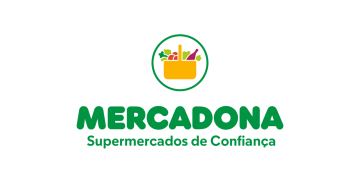
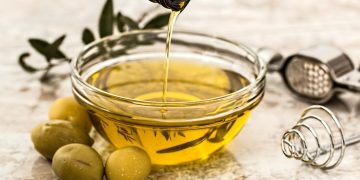

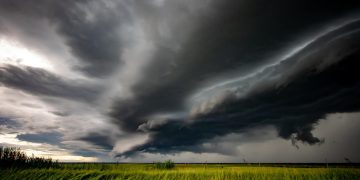
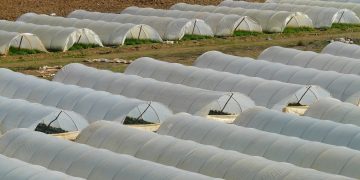
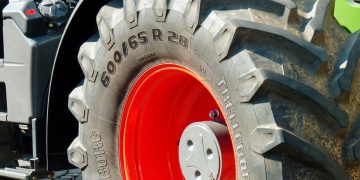

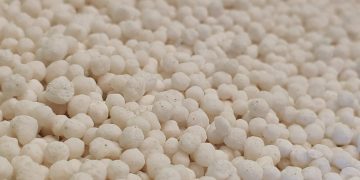
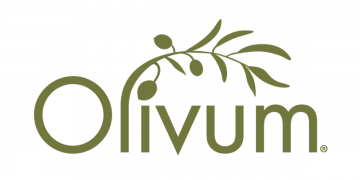














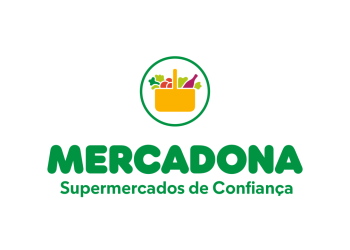
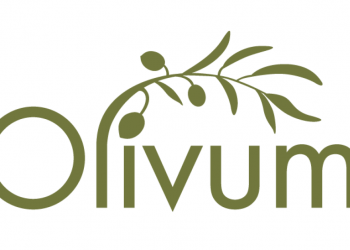
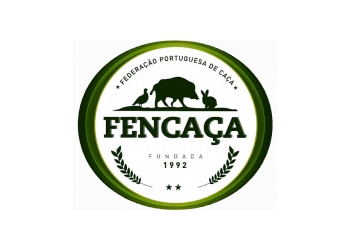




























Discussão sobre este post